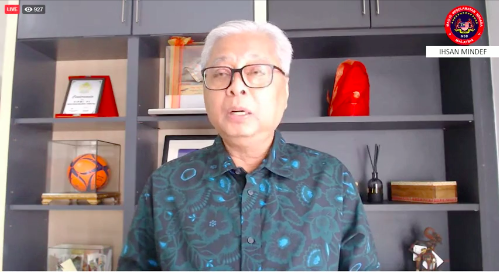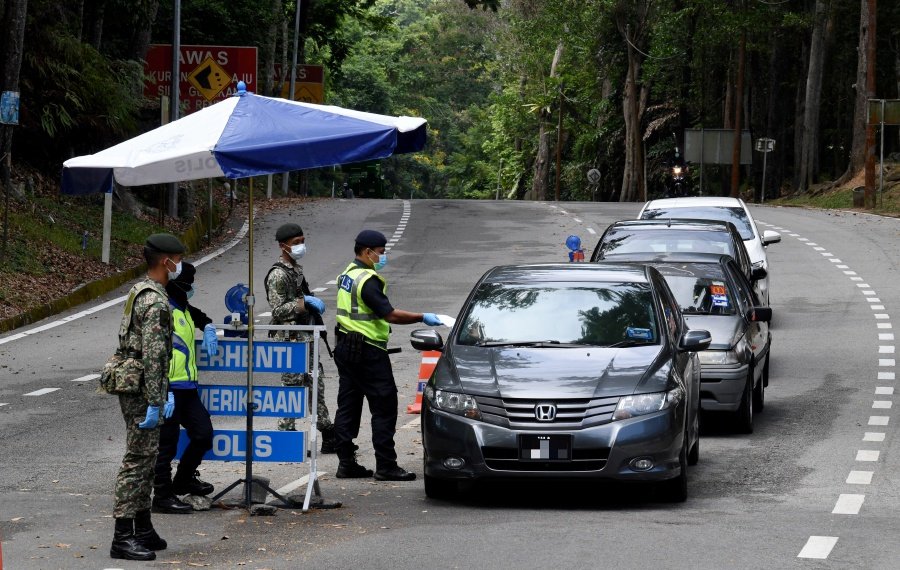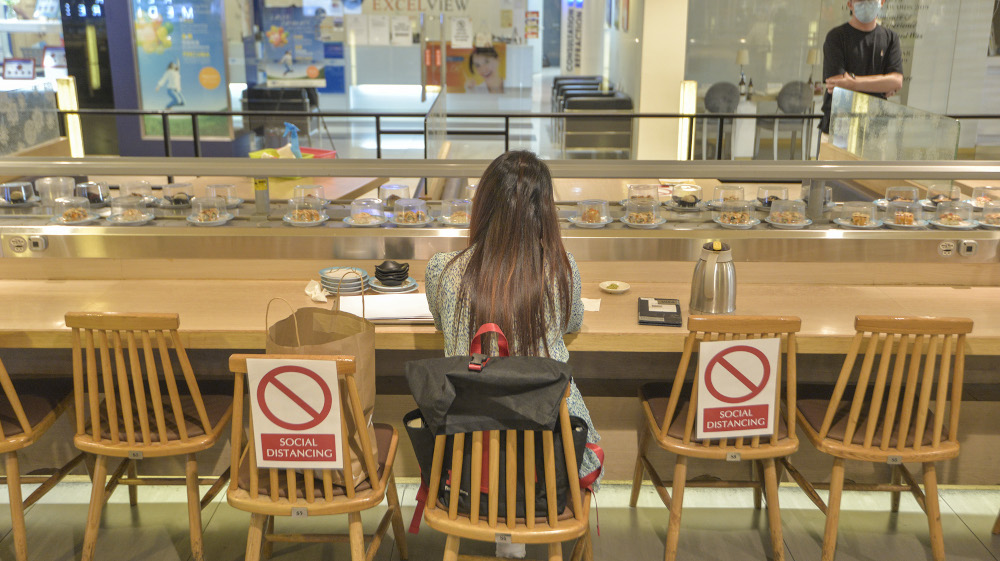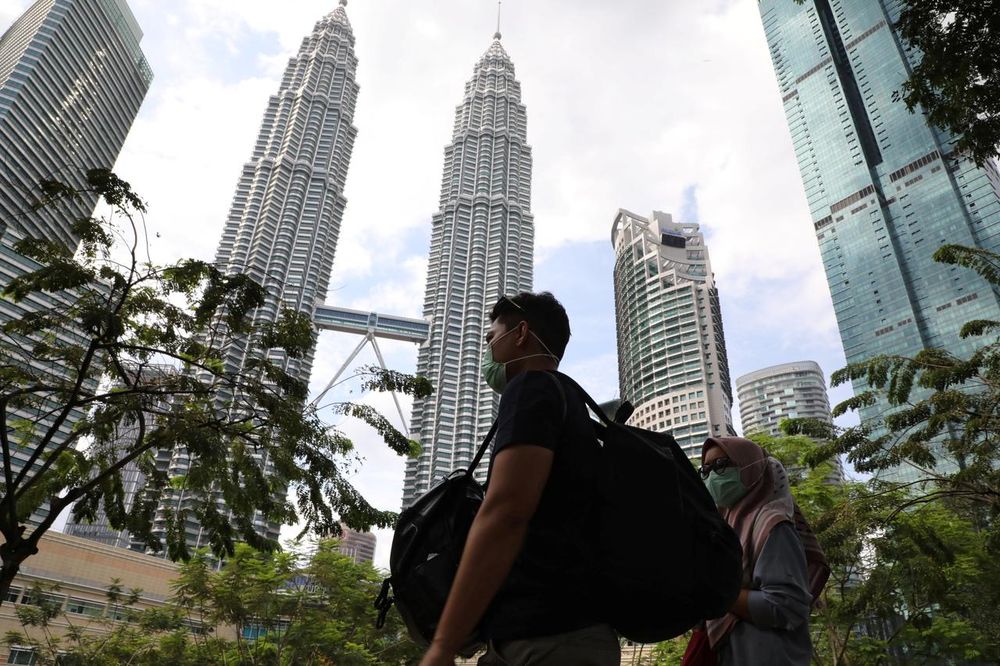30 Things You Need To Know About The CMCO In KL, Selangor, And Putrajaya
Ismail Sabri just announced a new detailed list of SOPs and guidelines.
Defence Minister Ismail Sabri has announced a detailed list of standard operating procedures (SOPs) in regards to the Conditional Movement Control Order (CMCO) enforced in Selangor, Kuala Lumpur, and Putrajaya
In a live address today, 13 October, the Defence Minister said, "As I have announced yesterday, a detailed list of SOPs in regards to the CMCO in Selangor, Kuala Lumpur, and Putrajaya will be issued soon."
"Therefore, this morning, the technical committee with the Ministry of Communications and Multimedia (KKMM), Ministry of Health (MOH), and National Security Council (MKN) sat for a meeting and discussed a detailed list of SOPs which was presented during a special meeting which was chaired by the Prime Minister," he explained.
The new CMCO SOPs and guidelines are as such:
2. Only two people per household are allowed to leave home to shop for essentials and other items. Those belonging in high-risk groups such as the elderly and children are not encouraged to be outside.
3. Interdistrict and interstate travel is not allowed except for special cases and emergencies for example, in dealing with sickness or a relative's death.
4. Interstate and interdistrict travel is also allowed for work as long as you have a valid working pass and/or a letter from your employer. Those working in their own respective districts do not have to provide a working pass or a letter.
There are people from Shah Alam working in Putrajaya. That is considered interdistrict travel. There are people in Seremban who work in Putrajaya. They are allowed to commute daily, as long as they have a valid working pass or a letter from employers.
6. Residents in other states who would like to travel through the highway and pass through CMCO areas must request for permission from PDRM at police stations. Ismail Sabri noted that the government is working on getting an online system set up for this.
7. Individuals wanting to head to airports in the Klang Valley also have to seek permission from PDRM.
8. In regards to economic activities, all sectors are allowed to operate as per usual. For example, restaurants, stalls, food trucks, and hawkers by the roadside are allowed to carry out business.
9. Restaurants and eateries are only allowed to operate between 6am and 10pm.
10. Take away, delivery, and drive-thru is encouraged, but dine-in is allowed. However, there is a limit of two persons per table.
12. Petrol pumps are allowed to operate from 6am to 10pm. Those at highways are allowed to operate 24 hours.
13. All public transport such as buses, trains, and taxis are allowed to operate as usual. However, for e-hailing vehicles and taxis, only two passengers are allowed at a time.
14. Food delivery services can only operate between 6am and 12am.
15. Government and private hospitals and clinics are allowed to operate 24 hours a day.
16. Pharmacies are allowed to operate from 8am to 11pm.
17. Commercial vehicles working for the economic sector are allowed to operate as usual as well as travel interdistrict and interstate.
18. All sectors related to the food supply chain are allowed to operate as usual.
19. Only six people are allowed to perform congregational prayers at mosques.
20. Only six people are allowed to be on duty at non-Muslim places of worship.
However, religious matters fall under the responsibilities of respective state governments, the Yang di-Pertua Agong, and Department of Islamic Development Malaysia (JAKIM). Therefore, these suggestions will be brought up to the Yang di-Pertua Agong by state governments and JAKIM and any updates will be announced soon.
22. Entertainment centres such as theme parks, night clubs, and movie cinemas are not allowed to operate.
23. Non-contact outdoor sports with not more than 10 people at a time are allowed.
24. Usage of swimming pools and other contact sports not allowed.
25. Sports with an audience and players from different states are not allowed.
26. All education institutions such as public and private universities, schools, kindergartens, and nurseries are not allowed to operate.
27. Students who are sitting for international tests are allowed to sit for exams.
28. Educational talks, meetings, conventions, and exhibitions are not allowed.
29. Social gatherings such as weddings and birthday parties are not allowed.
30. All tourism activities in and out of CMCO areas are not allowed.



